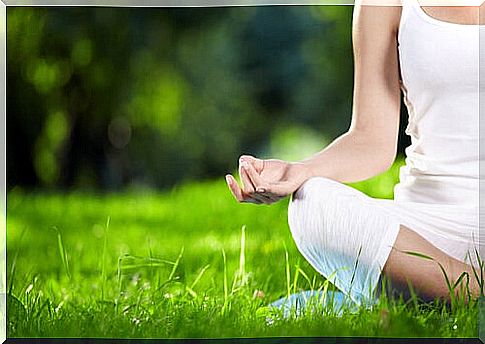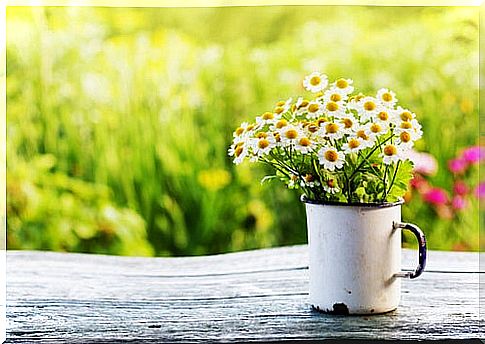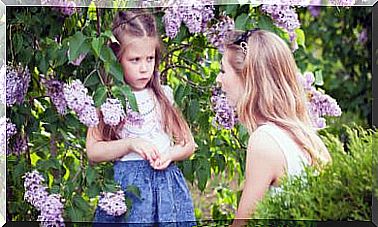Mindfulness To Regulate Emotions

Mindfulness , or mindfulness, is the capacity of the mind to observe the experiences of our life with acceptance, without value judgments and with an open mind. But Mindfulness is much more.
Its regular practice favors the development of social skills, facilitates the understanding and regulation of our emotions.
But what is regulating our emotions?
I give you an example:
How many times have we come into conflict with someone because of a difference of opinion or different points of view? And in this situation, when a few minutes or an hour go by, we really think “I shouldn’t have acted like that”, “if I had calmed down I could have found a solution”.
Why do we see things clearly later and not in the moment? Well, this is the regulation of emotions, in being able to control them in certain situations to avoid making mistakes and hurting others.
Some attitudes that can help us to do this through the practice of mindfulness are:
Not judge
When we start out in mindfulness, we find ourselves continually making judgments. This is not negative. It is good that we know that we have this “judgmental capacity” to be able to act on it.
What can we do? Nothing really. We must not act on these judgments, nor try to block them, nor cling to them. We have to watch them carefully and let them go.

Patience
Patience shows that we understand and understand that things happen in due time. It is useful when your mind is agitated.
It’s hard? Yes. There are people who are less patient than others. But here, we have to understand patience as being open, totally open at every moment, accepting everything as it is.
Beginner’s mind
This means showing a mental attitude of being willing to see things as if it were the first time. Thus, we are open to new possibilities.
Living in a state of “mindfulness” means that we let the present moment surprise us.
Don’t we feel good about knowing something new? Like children when they begin to know everything. Let’s live things as if they were something new and unknown.
Confidence
The practice of mindfulness helps to gain confidence in ourselves. It is recommended to trust intuition even though we may make some “mistakes”.
Learn to trust ourselves, take responsibility for being ourselves and learn to listen to our own being.
Do not strain
Although it may seem paradoxical, meditating or doing “mindfulness” implies doing nothing. Any effort to bring meditation to a purpose is mindfulness-interrupting thought.
The acceptation
Accepting does not mean resigning but recognizing reality, assuming it as it is.
Resignation, on the other hand, is a passive way of facing reality. We must assume the absence of resistance and accept what life offers us.

Give in or let go
Giving in or letting go implies not rejecting or avoiding. Thus, we allow to accept the experience as it is. We put aside the tendency to reject certain aspects of our life and accept others.
With these attitudes we will be able to regulate our emotions.
The human being is characterized by the pursuit of pleasure and the avoidance of pain. But many times, we cannot avoid the pain and instead of accepting it we tend to suffer it.
This causes disturbing emotions in us that hinder the ability to remain conscious in the present moment. These emotions encompass not only anger, jealousy, or fear, but also pride or desire.
In summary…
– The judgments, also called learned conditioning, prevent our full emotional attention with the consequent avoidance or over-involvement in the facts.
-The absence of judgment allows us full emotional attention, which leads to realizing and accepting things as they come or happen. This will allow us, if necessary, to make the best decisions.
-Mindfulness helps us face difficult emotions that overwhelm us and are difficult for us to control.
– Some emotions are instinctive reactions that allow us to respond to dangers immediately. Even so, we must observe them to know them and know how to control them.









